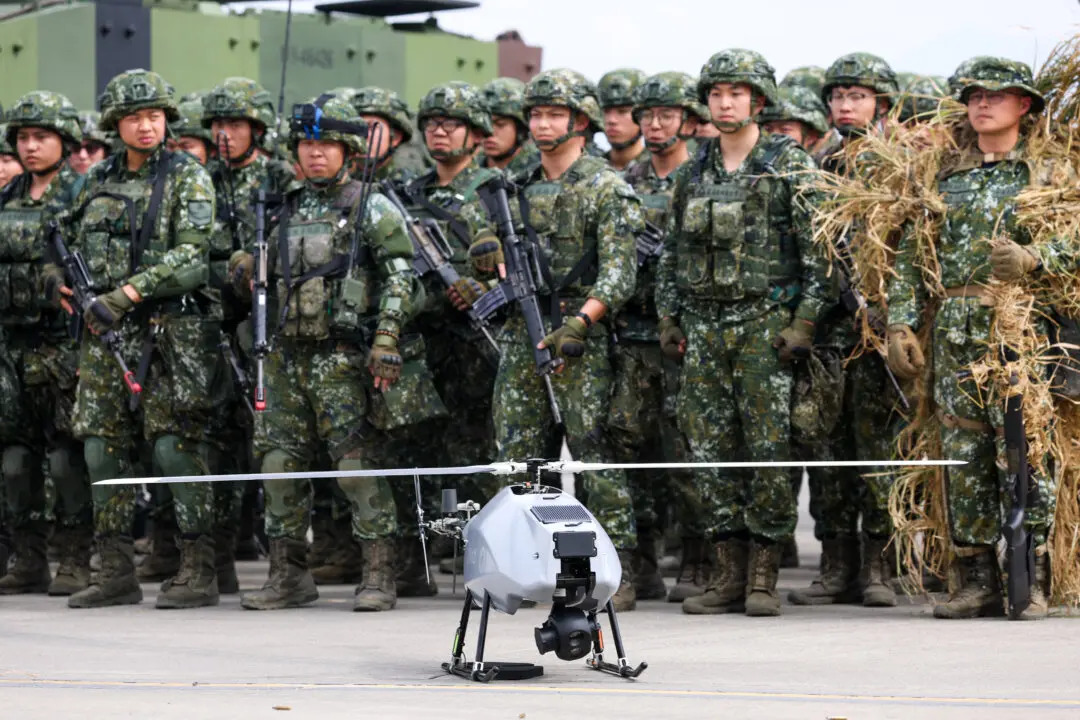Users of the popular Chinese video-sharing app TikTok are at risk of having their data being handed over to the Chinese regime, a Washington-based think tank warns.
The Peterson Institute for International Economics (PIIE) said, in a Jan. 11 article written by visiting fellow and cybersecurity expert Claudia Biancotti, that user data from Chinese social-media apps could pose serious security problems, as they can be “easily accessed and leveraged” by Beijing.
Biancotti warned that user data generated through the app can inadvertently help Beijing use the information to perfect its surveillance software to better recognize “Western faces.”
China has a mass surveillance system, called Skynet, in place, with millions of artificial intelligence (AI)-enhanced security cameras positioned in public spaces around the country. The Chinese regime aims to complete 100 percent coverage by 2020.
TikTok currently enjoys enormous popularity around the world, with many users’ short-form videos garnering millions of views. The article, citing data from TikTok’s Beijing-based parent company, ByteDance, and Western media, pointed out that there are 400 million users in China, 80 million in the United States, and 120 million in the rest of the world.
According to Biancotti, TikTok is popular among U.S. military personnel, who have uploaded videos of themselves doing things such as fitness workouts—while sometimes filmed inside military facilities, with their military IDs clearly visible. Beijing could potentially extract valuable intelligence about U.S. military activities from raw footage posted by soldiers, along with the geolocation tags associated with them.
TikTok, known as “Douyin” in China, was launched by ByteDance in 2016. In December the following year, ByteDance acquired fellow Chinese social-media service Musical.ly for $1 billion, according to Reuters. In August 2018, ByteDance dropped the Musical.ly brand and absorbed its users into a revamped version of TikTok.
Biancotti pointed out that even though TikTok has a user-data privacy policy in place, the company could simply surrender user data to the Chinese authorities—given that they “have ample leeway to request information from the private sector, on broadly defined public safety and security grounds.”
Beijing, under a national security law passed in 2015, requires domestic and foreign companies in China, when asked, to hand over key network infrastructure and information systems, such as encryption keys.
Biancotti’s article warned that Beijing could turn Chinese social-media apps, including TikTok, into “powerful tools for espionage and manipulation of public opinion.”
“If widely adopted, such an app could become a Huawei-sized problem in terms of the access to the West potentially afforded to Chinese security services,” the article stated.
Many governments, including the United States, have warned of security loopholes with equipment and smartphones made by Chinese tech giant Huawei, as well as fellow Chinese tech company ZTE.
In May 2018, the Pentagon issued an order banning all Huawei and ZTE phones from being sold at stores on U.S. military bases, out of concern that those devices could be used to spy on U.S. military forces. Congress later passed a bill that banned federal government agencies from purchasing Huawei and ZTE equipment.
Global Times, China’s hawkish state-run newspaper, was quick to denounce PIIE’s claims in an editorial published Jan. 13, that stated that PIIE had “demonized” TikTok. The attack on TikTok was part of the West’s effort to slander “Made in China,” the editorial said.
The PIIE article ended by warning that since personal data drives the development of many products and services, including AI, “innocuous-looking apps like TikTok could be among the Trojan horses of the AI race.”





